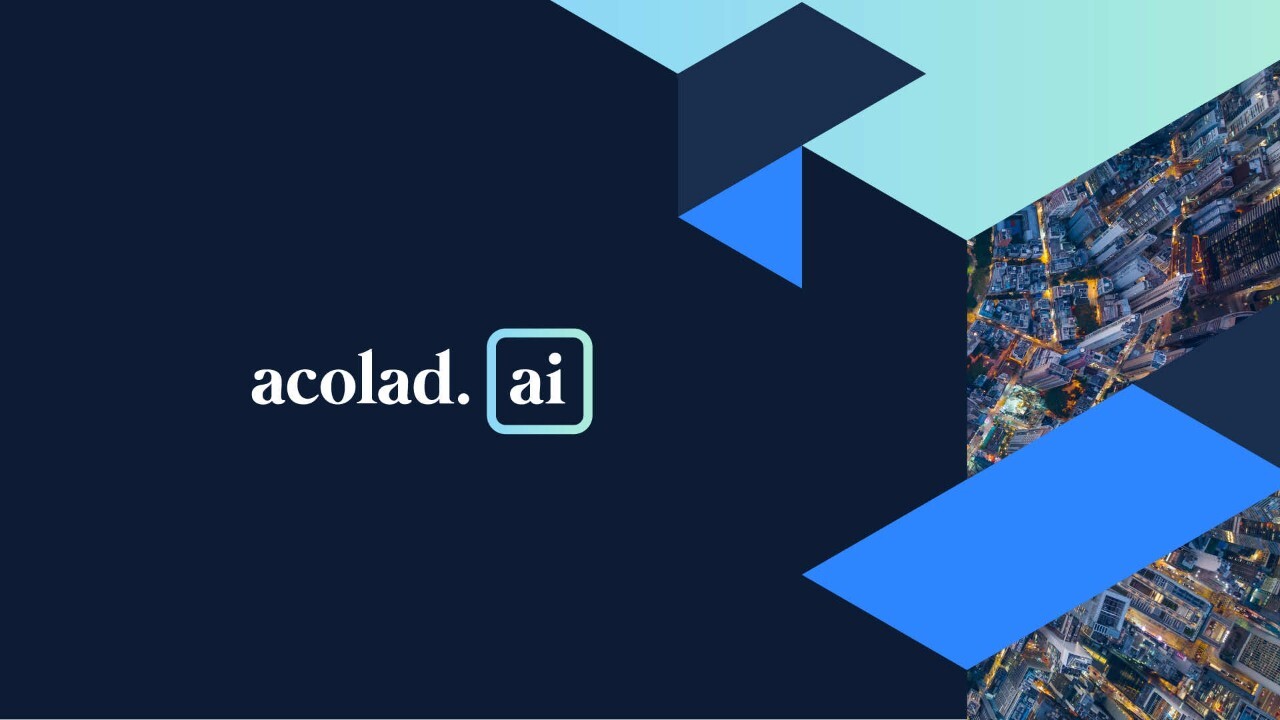100%
on-time delivery, zero rework required
Training Multilingual AI with Real-World Voice Data
Discover how a global tech leader scaled AI speech recognition with 120+ hours of diverse, real-world voice data.
About the Client
One of the world’s largest technology companies, serving millions of people across more than 70 countries, set out to make its platform smarter and more accessible through new AI-powered voice features. To succeed, they needed multilingual data that truly reflected the way their users speak and interact in the real world — diverse, authentic, and high quality.
20%
reduction in recruitment costs
120+
hours of voice and video data captured
170+
speakers from 6 English accent groups
Ensuring Voice AI Works for Everyone
Diverse Voices for Inclusive AI
The company wanted its voice AI features to reflect the diversity of its users. That meant making sure people with different English accents—some of them often overlooked—were properly represented in the data.
Capturing Real-World Conditions
Because users interact with the app in all kinds of environments, the AI also had to perform well in different acoustic settings: from small meeting rooms to busy boardrooms, using a variety of devices.
Scaling Without Distraction
Managing this type of large-scale data collection in multiple regions was far beyond the company’s internal resources. They needed a trusted partner to deliver a ready-to-use dataset without slowing down their teams.

"Behind every dataset is a design challenge. Real-world diversity, logistical complexity, and technological precision must all align to deliver AI-ready data at scale."
Jennifer Nacinelli, AI Data Program Manager, Acolad
Fuel Your AI with High-Quality, Multilingual Data at Scale
Acolad delivers targeted, accurate, and reliable datasets to ensure the best possible AI and machine learning performance.

A Framework for Real-World Data Collection
Building a Controlled Lab
To ensure data collection was authentic to the client’s real-world use cases, we designed and built three dedicated recording environments to mimic enterprise setups, from small huddle rooms to large boardrooms. Each room featured different acoustic conditions and used a variety of top-market devices to capture authentic data for the client's AI models.
Finding the Right Voices for Data Diversity
We knew that to build an inclusive AI, we needed diverse voices. Our team recruited over 170 speakers across multiple locations. We started in Las Vegas but expanded to Bangkok to capture underrepresented accents, which also helped us reduce costs and accelerate the project timeline. The project’s success also opened the door to collecting data in new languages.
Managing the Details Onsite
To guarantee a consistent data collection process, and high-quality output, Acolad deployed onsite teams to manage everything from device troubleshooting to participant care. Our end-to-end coordination ensured every session - and the project overall - stayed on track.
Ensuring Data Quality
Delivering high-quality data wasn't just about recording it; it was also about rigorous validation. All captured content was reviewed and processed through human-led workflows to ensure transcription quality and metadata consistency. This rigorous quality control helped ensure training data reliability, enabling the client to test voice performance under varied conditions and optimize their AI algorithms accordingly.
Diverse Voices
Realistic Environments
Seamless Execution
Validated Quality
Delivering Inclusive, High-Impact AI Training Data
The project delivered over 120 hours of rich voice and video data - fully annotated, demographically diverse, and technically robust. By providing a reliable, high-quality audio and video dataset, Acolad enabled the client to test and refine their AI transcription, captioning, and meeting summarization tools. Every project was delivered 100% on-time, with zero rework required, and we helped the client achieve a 20% reduction in recruitment costs.
This successful partnership allowed this global tech leader to focus more efficiently on their core business, confident that their AI was being trained with data that truly reflected the real world.
We delivered:
- Realistic training data reflecting real-world complexity.
- Improved AI model accuracy.
- Reduced time to market.
- A scalable framework for future project expansion.









